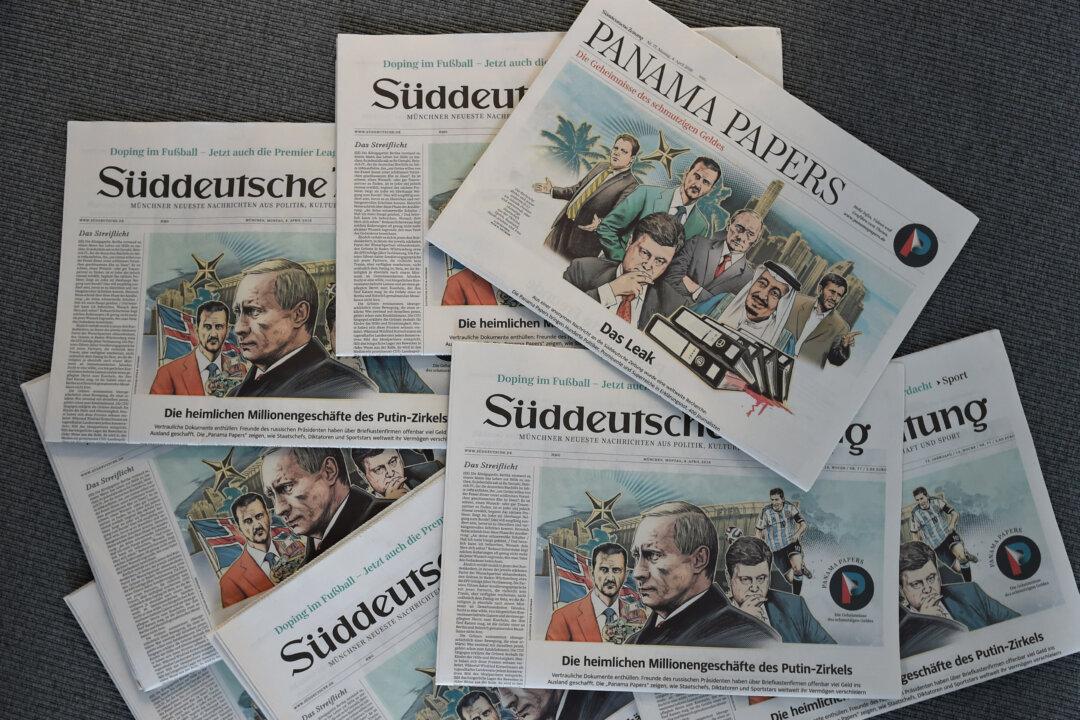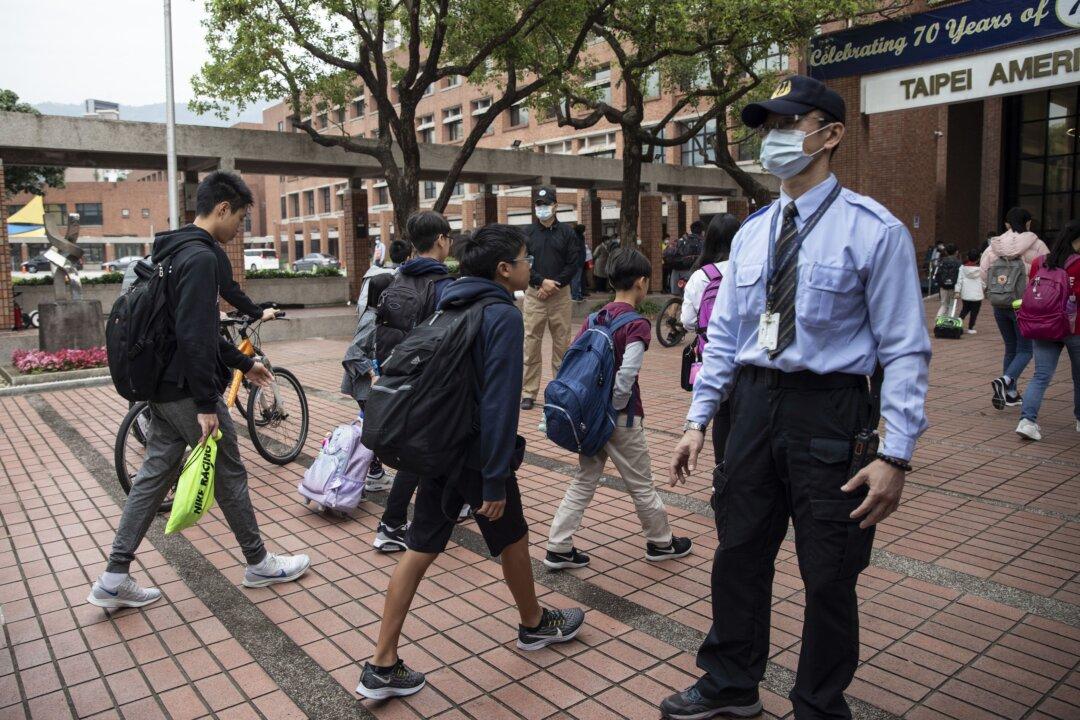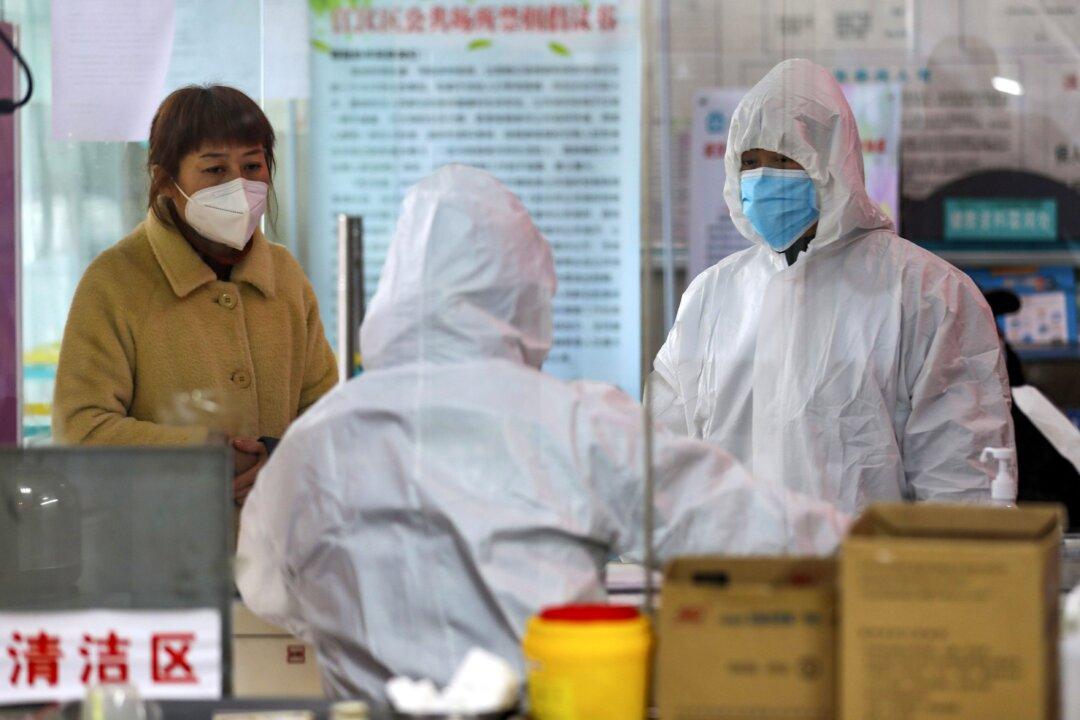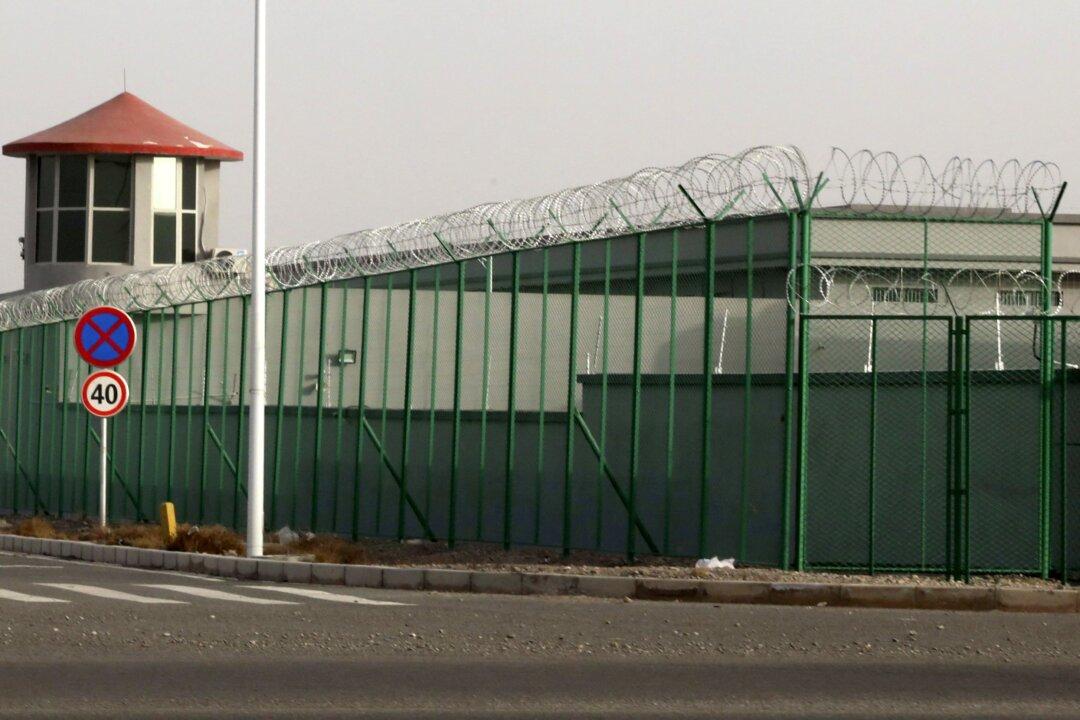The parallel universe of some of the world’s wealthy and their bankers was exposed just over a week ago by a massive leak on its inner workings. The Panama Papers concerning more than 200,000 offshore companies continue to create enough waves internationally that the whistleblower on the Panamanian law firm Mossack Fonseca will, when identified, probably become known as the world’s leading “Information Patriot.”
For 30 years, the firm, employing 600 persons in 42 counties, has provided paperwork, signatures, and mailing addresses to breathe life into shell companies established in tax havens to shelter assets with maximum concealment. The 11.5 million documents are from just one law firm in one tax haven.
The documents were leaked to the German newspaper Süddeutsche Zeitung, which shared them with the International Consortium of Investigative Journalists; they have since been analyzed by 107 media entities in 78 countries. Some of the maneuvers were perfectly legal, but the whistle-blowing highlights the laundering of proceeds from illicit activities, most prominently drug and illegal weapons trafficking, money looted from treasuries by some political leaders, and other proceeds of corruption.





